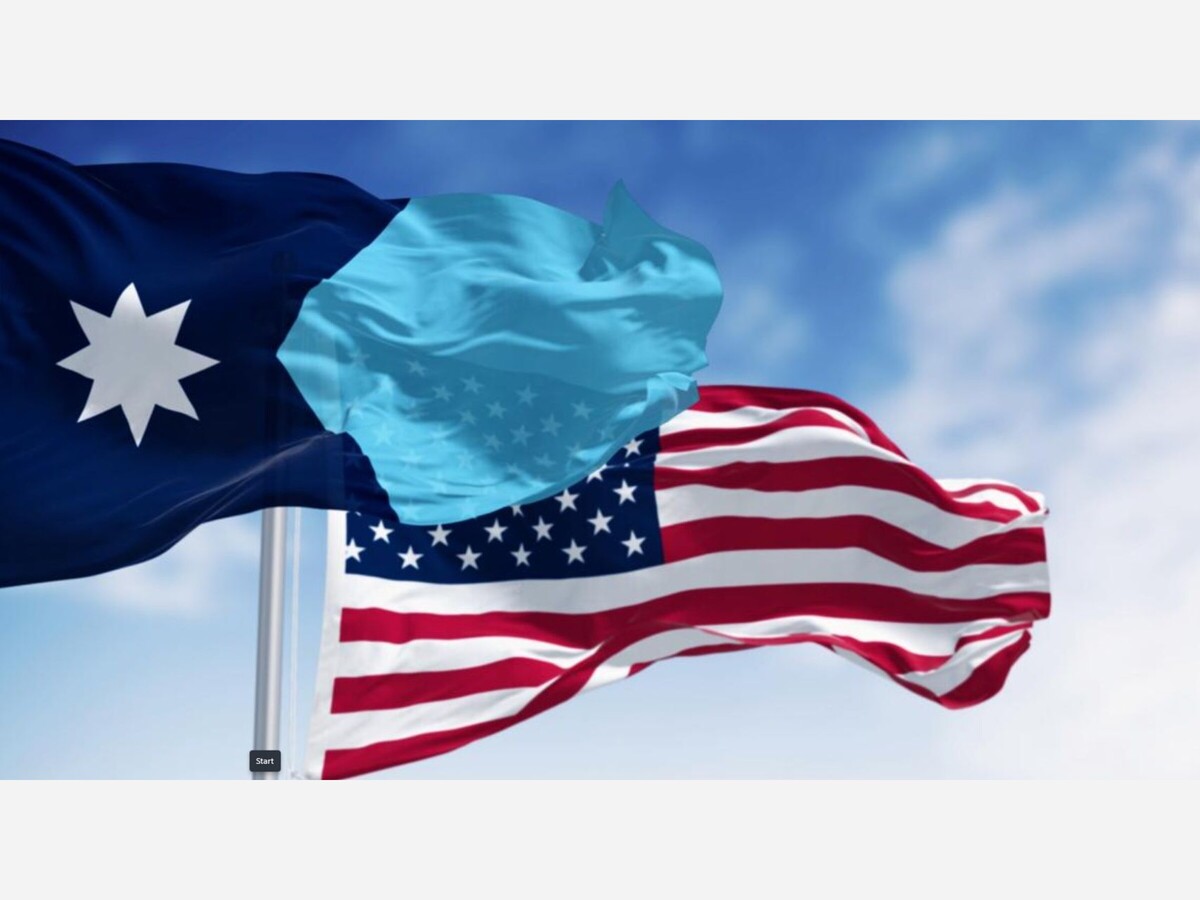Image


The Human Carnage of Politics
Forty days. That is how long Washington has held millions of Americans hostage. Forty days of withheld paychecks, of empty pantries, of silent suffering that politicians treat as collateral damage in a game of power.
This is not a debate in a Capitol Hill chamber. This is real people being broken, quietly, daily. Federal employees—men and women who serve the country—go without pay. Contract workers, janitors, cafeteria staff, security guards—see wages vanish, often irretrievably. Soldiers serve on the frontlines of national defense while their own bills go unpaid.
Yet in Washington, the headlines are about strategy, leverage, and compromise. Meanwhile, in living rooms across Minnesota and the nation, mothers and fathers sit at kitchen tables, staring at empty cupboards, trying to explain to their children why the government can’t feed them. That is the cruel calculus of political obstruction.
Hunger is the Price of a Shutdown
SNAP, the nation’s lifeline for 42 million Americans, teeters on collapse. WIC programs for millions of women and children are burning through reserves at alarming rates. In Minnesota, food banks in Minneapolis, St. Paul, Brooklyn Park, and Coon Rapids are inundated. Shelves once stocked for hundreds are now stretched to feed thousands. Volunteers work round the clock to patch the cracks left by political cowardice.
Hunger is not abstract. It is a child sitting in a cold classroom with an empty lunchbox. It is a parent skipping meals to stretch food stamps. It is a home where birthdays go uncelebrated because there is no money left for cake, candles, or dignity.
Financial Devastation, Emotional Ruin
Federal employees are enduring their second, third, even fourth missed paycheck. Credit card debt mounts. Short-term loans ensnare families in cycles of interest they cannot escape. Mortgage delinquency rises. Middle-class stability, once a hallmark of the American dream, is evaporating.
Contractors fare worse: there is no back pay. Every dollar lost is a permanent wound. In Duluth, a 20-year contractor says, “I never thought I’d choose between rent and groceries. I never imagined Washington could strip me of my livelihood while I am loyal to my work.” That loyalty is now weaponized against them by a government that thrives on gridlock and moral negligence.
Meanwhile, mental health crises explode. Hotlines report surges in calls. Anxiety, depression, hopelessness—these are now measurable metrics of the shutdown. Families near the poverty line face intensified trauma. Service members bear a cruel irony: defending a nation that refuses to defend them.
The Economy Bleeds
Every week of this shutdown drains $1.4 billion from the U.S. economy. By mid-November, the cumulative cost may exceed $14 billion. Consumer spending halts. Federal projects stall. Small businesses dependent on government workers vanish under the weight of uncertainty.
Minnesota’s economy, tethered to federal contracts and spending, is straining. Contractors halt projects. Local governments delay reimbursements. Families slash discretionary spending. Communities brace for ripple effects that will persist long after funding resumes.
A Moral Crisis Unfolding
This is not politics—it is cruelty. Shutdowns have become tools of human suffering, a spectacle of strategy where the weak, the poor, and the underrepresented pay the price. It is a moral failing on a scale that eclipses economic loss.
Veterans go unpaid. Soldiers fight without compensation. Civil servants, once the gears of government, are casualties of inaction. And the nation—one of the wealthiest in human history—lets them endure hunger, debt, and despair while lawmakers debate leverage points in committee rooms.
The moral question is stark: does a democracy sacrifice its citizens to maintain political power? Because for 3.5 million workers, for 42 million SNAP recipients, for countless contractors and children, the answer has been yes.
Minnesota’s Face of the Crisis
Look to Minneapolis, St. Paul, and the surrounding counties. VA workers report declining morale. Contractors delay rent. Schools prepare for a surge in free lunch demand. Food banks report a 35% rise in visitors since October. These are not numbers—they are human lives fraying at the edges.
The shutdown is not happening in some distant capital; it is happening in backyards, in kitchens, in hallways where people whisper about bills they cannot pay. This is the human face of political malice, and it will not be easily erased.
The Path Forward is Simple—Act or Accept Shame
Congress has a choice. Stop the games. Restore funding. Stop wielding human suffering as leverage. Provide paychecks, food benefits, and dignity. Treat Americans not as pawns, but as citizens.
Long-term, the nation must reckon with the normalization of political hostage-taking. Debate is healthy. Starvation, despair, and unpaid service are not.
America Waits, America Bleeds
As of today, 3.5 million workers wait for pay. Forty-two million Americans face uncertainty in food aid. Children go hungry. Families sink deeper into debt. Veterans wait. Soldiers toil unpaid. Communities fracture.
The cost is not just in billions—it is in broken families, destroyed trust, and irreparable human suffering.
The United States is at a crossroads. Will it continue to treat politics as a blood sport at the expense of the vulnerable, or will it reclaim its humanity before more lives are destroyed?
Forty days in, the lights in Washington may still shine, but in millions of American homes, the darkness is total.